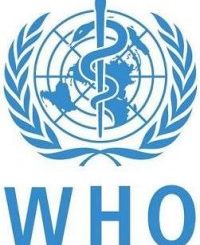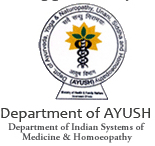
Surveillance for polio in India has been set up as per global WHO guidelines according to which all cases of paralysis with sudden onset in children up to 15 years (which is called Acute Flaccid Paralysis or AFP) are reported and investigated by the polio surveillance network and their stool samples tested for poliovirus in WHO accredited laboratories. Surveillance for polio in India is considered among the best polio surveillance systems anywhere in the world and surpasses the globally recommended standards.
The AFP Surveillance system has been in place in India since 1997. While polio cases were detected in India through this surveillance system between 1997 and 2011, not a single AFP case has tested positive for polio since 13 January 2011.
The surveillance system for polio is being maintained in India even after polio-free certification to demonstrate that there is no polio in India and to pick up any importations of poliovirus, if they were to occur.
The India programme continues to protect children from the crippling disease by conducting two nationwide mass polio vaccination campaigns and three sub-national campaigns each year.
India has already conducted two nationwide and one sub-national campaign in 2015. The next sub-national campaign will begin on Sunday, 21 June 2015 and will cover Western UP including Bareilly. In addition, Bihar, Delhi and high risk population pockets in the states of Haryana, Punjab, Gujarat, Maharashtra, Rajasthan, Jharkhand, Uttarakhand and West Bengal will also be covered.
Intensive efforts have been undertaken in India to improve routine immunization coverage that involves administering polio vaccines, in addition to other vaccines, to infants under the aegis of universal immunization programme (UIP).
Strong measures have been in operation in India to mitigate the risk of an importation and spread of the poliovirus from countries with continued circulation of poliovirus. More than 100 vaccination posts are functioning along the international borders of India with Nepal, Pakistan, Bangladesh, Myanmar and Bhutan to administer oral polio vaccine drops throughout the year to all children entering India through these borders. India has also made polio vaccination a mandatory requirement for travellers coming from and going to polio infected countries, including the recently infected ones.







Leave a Reply
You must be logged in to post a comment.